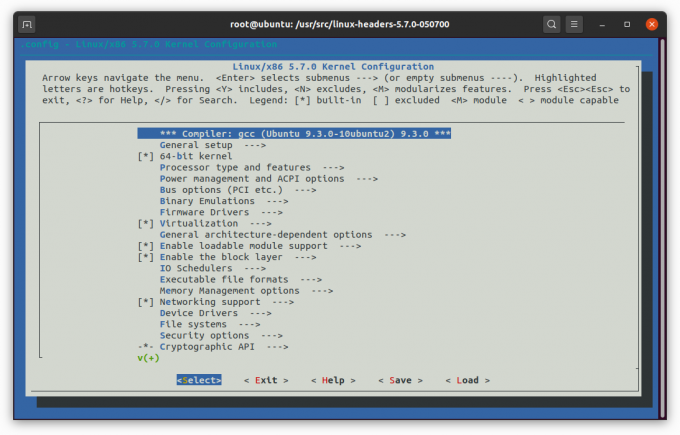- Qualcomm Launches Snapdragon 4 Gen 2 Mobile Platform
- AMD Launches Ryzen PRO 7000 Series Mobile & Desktop Platform
- Intel Launches Sleek Single-Slot Arc Pro A60 Workstation Graphics Card
- NVIDIA Announces Latest Ada Lovelace Additions: GeForce RTX 4060 Ti & RTX 4060
- Maxon Redshift With AMD Radeon GPU Rendering Support Now Available
Linux Kernel 5.7 Released, Adds exFAT Improvements & Support For Intel’s Tiger Lake Platform
Just in time for the new month, the latest version of the Linux kernel has dropped. The 5.7 kernel is pretty beefy overall, and brings quite a good number of interesting additions and enhancements. We’re going to cover some basics here, but if you want to really jump into the deep-end, you can check out Kernel Newbies‘ exhaustive summary page.
One of the first notable additions is Thermal Pressure awareness in the task scheduler. While the OS will understand that a CPU or core has had to drop its frequency to accompany higher temperatures, the task scheduler has been ignorant of it – until this 5.7 kernel. This should help tasks get better placement, and result in improved performance. Naturally, if you have a CPU that’s overheating, you should probably look into improving your cooling solution to avoid throttling as much as possible.
The 5.4 kernel introduced exFAT file system support made possible by Microsoft, but out-of-the-gate, it wasn’t the most ideal implementation. Thankfully, Samsung has helped dramatically improve support, so now regular users can consider the exFAT implementation to be totally safe to use, and they should be able to expect good performance, as well.
For new hardware support, this 5.7 kernel brings about huge updates to Intel’s Tiger Lake platform, which is a great sign, as the hardware is not even available for retail consumption quite yet. The first Tiger Lake notebooks will fall under Intel’s Project Athena program. Also of note is the addition of support for Qualcomm’s Snapdragon 865 SoC. Previous kernels added support for Qualcomm always-connected notebooks, but you will have to research your specific chip if you hope to get Linux running on one.
As mentioned above, you can scour Kernel Newbies for an in-depth look at all of what’s new in the kernel. Regular users shouldn’t feel compelled to upgrade right away unless there’s a specific need to. If not, you can wait for your distro of choice to naturally slip it onto your system.





